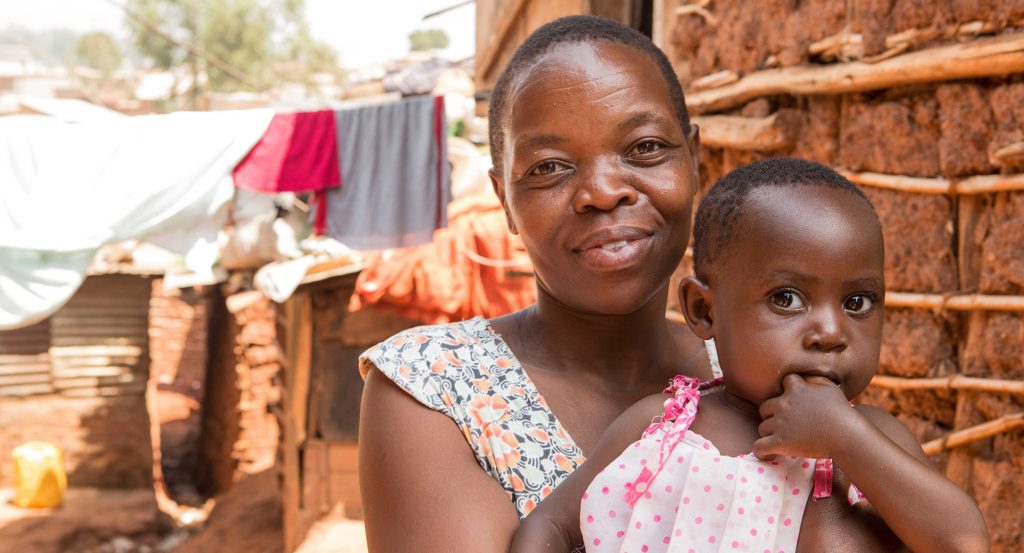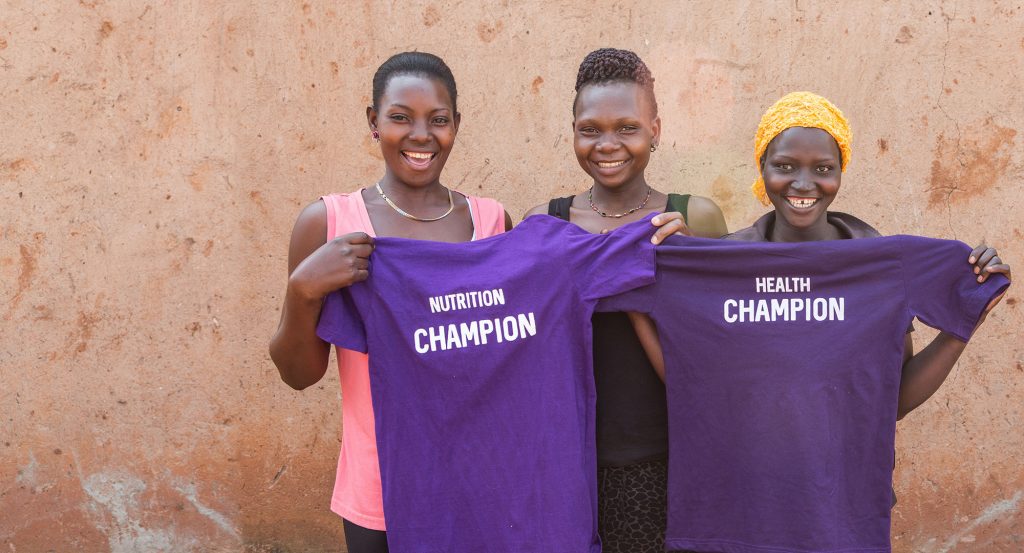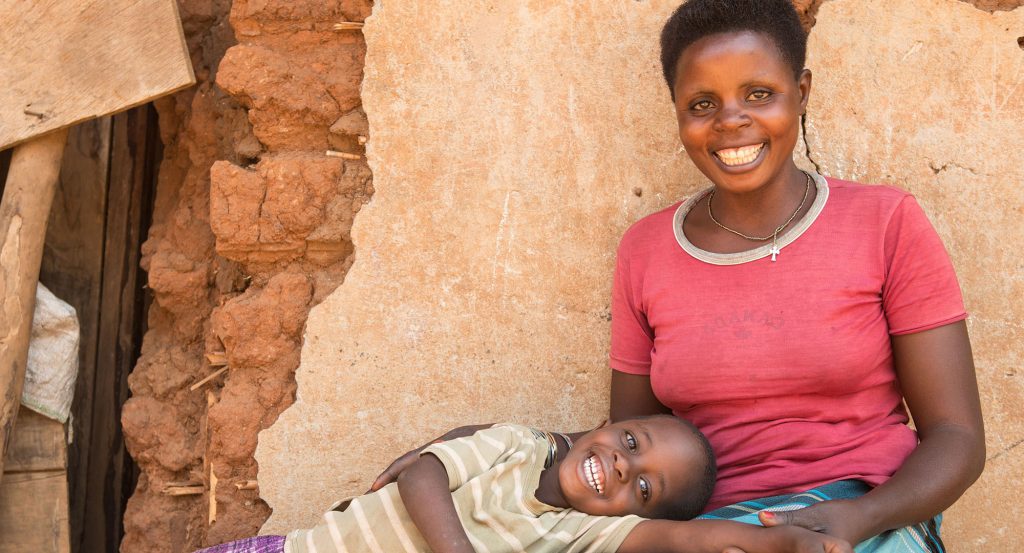Take the tour
Kinawataka is one of the poorest communities that we work in. As is too often the case, the slum is built on a floodplain, a vulnerable and dangerous place in the rainy season. This is particularly significant when a large number of the houses built here are just made from mud packed into a frame of wooden poles.
The stream running through the settlement is used by people who earn a small wage washing vehicles or plastic bags for recycling. It’s also used as a dumping place for all kinds of household waste, including raw sewage. Kinawataka is a physically challenging place where safety and health are always in the balance. The fact that people are able to live, work and care for their families amongst such hardship, testifies to their resilience and determination. We want to help them build on this foundation and see a bright hope for tomorrow.
Life In Kinawataka
HOW BIG IS THE SLUM?
The edges of the community are constantly expanding as people settle on the fringes of what is already built. Unfortunately, as the spaces on higher ground are the first to be built on, all that is left is the seasonal flood-plain.
HOW MANY FAMILIES?
This is the number of households in Kinawataka according to our recent census. That is over 1000 households per km². The majority of homes are a single room not more than 4m² for a whole family.
DISEASE
Over 4,500 children under five die a year due to diarrhoeal diseases caused by poor water and sanitation in Uganda. Not only are water-born diseases commonplace in the slum but others like pneumonia, tuberculosis and malaria are also a daily hazard.
WATER
The number of people who don't have access to safe water in Uganda. In the slum, water is collected from public taps (which has to be paid for) or the spring. Water from either must be boiled before it is safe to drink.
SANITATION
The number of people in Uganda without access to basic sanitation. In the slums, there are few toilets. As a result, open sewage flows between houses and any pit latrines dug below the water table affect the quality of water in the area.
NUTRITION
One third of children under five in Uganda suffer from stunted growth, affecting them for the rest of their lives. Many families struggle to provide their children with food and are unaware of the vital part a balanced diet plays in their growth.
through our group I learnt
the meaning of unity and friendship.
RONA (MAMA CHARLES)
Kinawataka Gallery
From the spiritual and emotional to the social
and physical, we love to see the whole person
restored. We walk every step with them at their
speed and have known some families for many
years. They are our friends, just normal people
like you and me. Different struggles maybe,
different situations but the same questions
at heart; do I have value? What’s my purpose?
Is there more to life than this?
Day to day images for day to day life.

KINAWATAKA LIFE GROUP
Kinawataka is the first community where we have constructed a Dream Centre; a place where people can meet together, acquire new skills and be encouraged. Despite the disease, the poverty and the daily hardships, Jesus is at work in people’s lives and the testimonies we hear from this community are breathtaking.
The Kinawataka Life Group meet together each week at the Dream Centre. Many strong and lasting friendships have been built over the last couple of years they have been together and the group is still growing. Through many teaching and training sessions they have gained a wide knowledge of practical skills; from health and hygiene to IGAs (Income Generating Activities) and growing their own food. Eager to learn and easily able to empathise with others in the community they are a voice for change in Kinawataka.
Bright Hope Is Rising
We’ve seen that changed people, change lives. Our Life Group members are keen to pass on what they have learnt to their neighbours. We’re training and supporting these inspiring leaders, who are working together to build thriving communities, which reflect God’s heart. Meet the change-makers…















